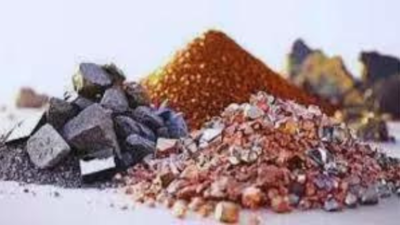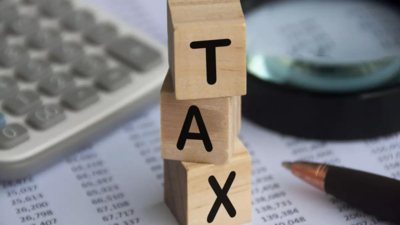IEA warns of growing global dependence on few nations for critical minerals, highlights China’s dominance

The global supply of critical minerals essential for clean energy technologies is becoming increasingly concentrated in a handful of countries, particularly China, posing a significant risk to global economic stability, according to a report released Wednesday by the International Energy Agency (IEA).The Paris-based agency’s “Global Critical Minerals Outlook” highlights the strategic vulnerabilities stemming from the limited diversification of key mineral sources—such as copper, lithium, cobalt, graphite, and rare earth elements—which are crucial for manufacturing electric vehicles, batteries, wind turbines, and other clean energy infrastructure.The report found that the market share held by the top three producing countries for these minerals rose to 86 per cent in 2024, up from 82 per cent in 2020. China, in particular, has solidified its position as the world’s leading refiner for 19 of the 20 most critical minerals, with an average global refining share of around 75 per cent. Indonesia has also emerged as a key player in nickel production, driven by its expanding role in stainless steel and battery component manufacturing.“Critical mineral supply chains can be highly vulnerable to supply shocks, be they from extreme weather, a technical failure, or trade disruptions,” said IEA Executive Director Fatih Birol. “The impact of a supply shock can be far-reaching, bringing higher prices for consumers and reducing industrial competitiveness.”Birol pointed to the energy crisis in Europe following Russia’s gas supply cuts and the global chip shortage during the pandemic as recent examples of the devastating effects of supply chain disruptions.“The golden rule of energy security is diversification,” Birol told The Associated Press. “And it goes beyond energy security — it is also economic security.”While markets play an important role in driving investment and innovation, Birol emphasized that government intervention through strategic policies and financing will be necessary to ensure resilience and meet rising global demand.The IEA’s findings arrive amid rising global tensions around trade and resource control. China’s tightened export restrictions on several strategic minerals have escalated concerns among Western nations about supply vulnerability, especially as clean energy goals ramp up.Former US President Donald Trump, now back in office, has prioritized reducing America’s dependence on foreign mineral supplies. His administration recently finalized a controversial deal with Ukraine to access its vast mineral reserves and is actively exploring deep-sea mining, despite environmental opposition.Trump has also issued executive orders to fast-track domestic copper mining, reviewed a minerals agreement with the Democratic Republic of Congo, and attempted to secure mineral supplies from Greenland. These actions are part of his broader agenda to reinforce national security and economic resilience by diversifying supply chains and boosting domestic production.The IEA noted that global critical mineral markets are currently well-supplied, and prices have generally declined. However, it issued a stark warning that planned global copper production is falling behind projected demand, forecasting a 30 per cent supply shortfall by 2030. Copper is vital for electrical grids, renewable energy systems, and infrastructure electrification.The agency stressed the importance of accelerating investment in new mining projects, refining capabilities, and recycling technologies, while also establishing robust trade partnerships and reducing overreliance on any single nation.As the global economy shifts toward clean energy, the need for secure, transparent, and sustainable mineral supply chains will only intensify, the IEA concluded.





